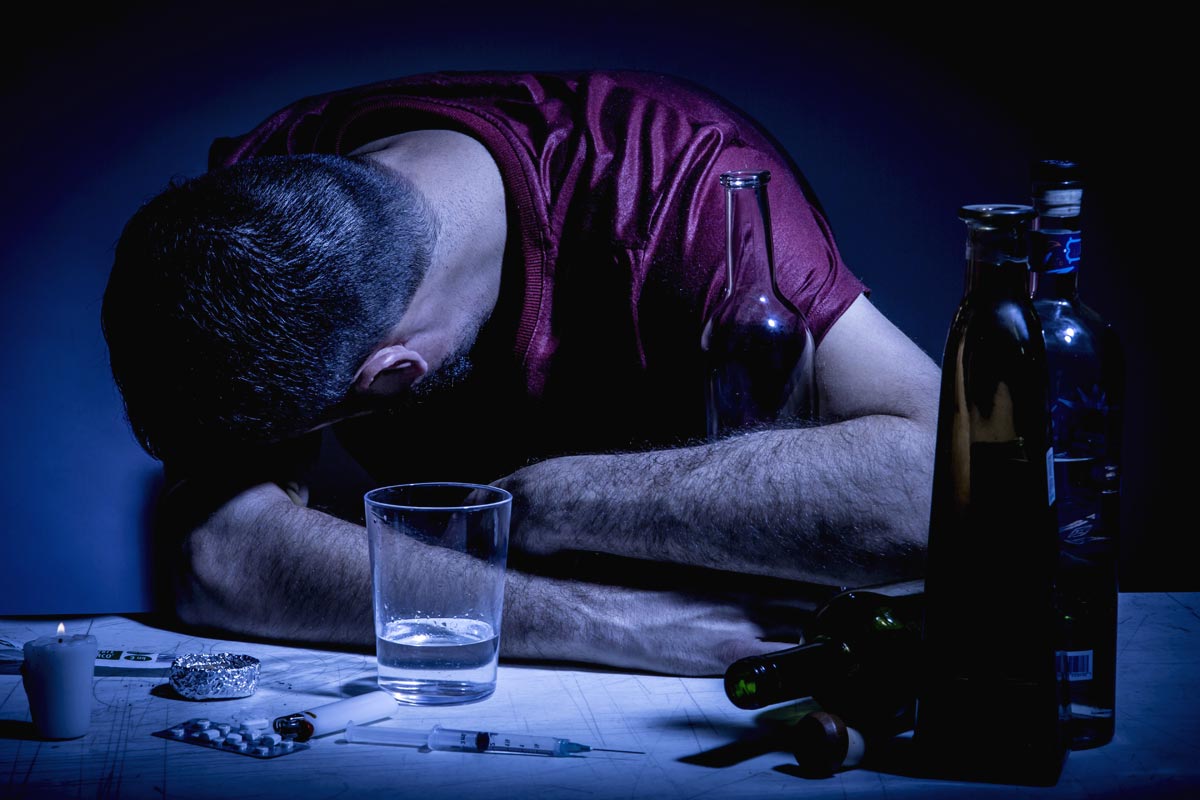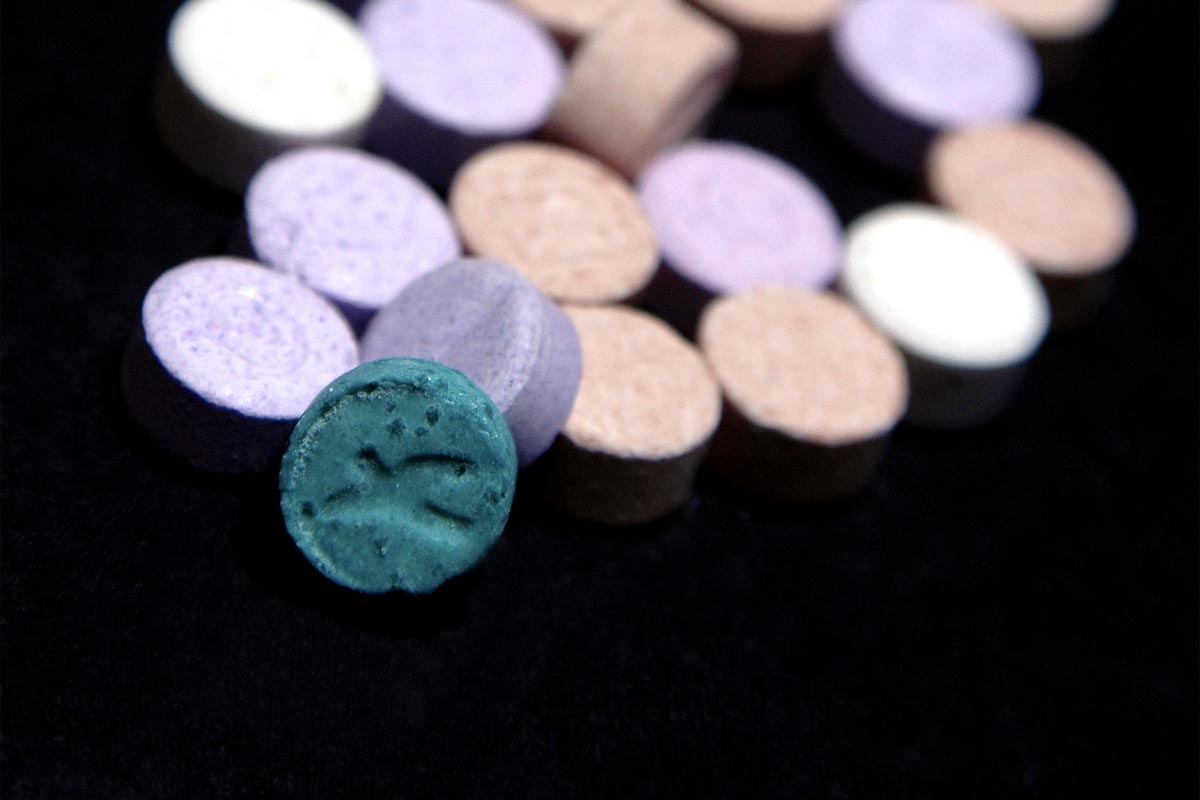instead of seeing them as another human being is causing a great harm to our society. This negative stigma often discourages …
Alcohol Use Disorder Treatment, Not Jail
Hopefully, one’s DUI ends up being the catalyst that brings about change and lasting recovery; for that to occur, treatment is the …
Continue Reading about Alcohol Use Disorder Treatment, Not Jail
Alcohol Use Linked to Cancer
known cure, but we can treat use disorders, and individuals can maintain a program of recovery. Our mission is to show people who …
MDMA, Trauma and Addiction Recovery
co-occurring disorders are treated simultaneously. Addiction treatment centers that focus on the whole patient typically have the …









